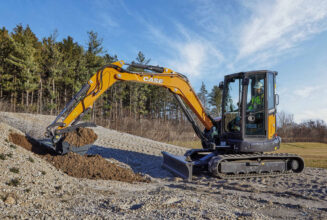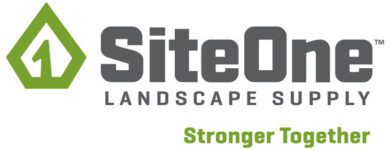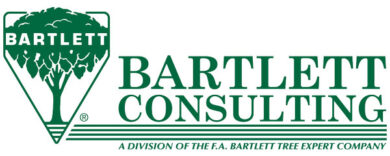PLANET Legislative Updates
As legislation is introduced in state legislatures and the U.S. Congress, we need to respond to it — especially when it is based on false or misleading facts, or when we just don’t agree with the proposal. It is important that we — every green industry professional — make our voices heard.
New York probably has the highest number of licensed pesticide applicators in the green industry. Its State Assembly (called House of Representatives in most states) has a few legislators who for years have been introducing anti-pesticide bills, which have always been stopped by the New York Senate. This year that changed, and the chair of the Senate Environmental Conservation Committee told the industry he was going to support and push some pesticide legislation in his committee. As the industry created responses and asked N.Y. licensees to contact their legislators, it was amazing how few took the time to get involved and send responses.
This is a story that gets repeated in state after state, and at the federal level, on issue after issue. It also happens when regulations are proposed and printed as public notices for comments. In the green industry, there are many business- and environmentally related issues that need our attention. Associations can help with the necessary resources, but if the community that’s being impacted by these regulations does not get involved — as a concerned citizen, business owner or employee, and as a voter — to contact its legislators, then it’s going to be in big trouble.
Regulations
Recently, PLANET responded to an OSHA recording proposal that could expand and bring back some of the ergonomic proposals of the past. PLANET also responded to an EPA notice for public comment on a new pesticide label statement about drift. The EPA used “could cause harm” terminology as a basis for what would constitute a violation by drift. This could affect the current interpretation in many states about what is drift and when a company could be cited for pesticide drift.
Immigration
The H-2B Workforce Coalition, of which PLANET is a co-chair, released a statement on behalf of seasonal employers — including from the lodging, landscaping, seafood, restaurant, tourism and construction industries — saying it was encouraged by the crafting of a reform framework by Senators Charles Schumer (D-N.Y.) and Lindsay Graham (R-S.C.) that recognizes the critical need for temporary seasonal workers to maintain a strong economy. The coalition also mentioned that it was pleased President Obama had endorsed the need for temporary seasonal workers. As the senators and president correctly recognized, temporary workers are a vital component of economic growth and the retention of American jobs in industries nationwide.
Many in the immigration battle have stated that the economic downturn has done nothing to change the fundamental demographic and educational trends that make foreign workers an essential ingredient of American prosperity. Even with today’s unacceptably high unemployment, employers in many sectors — agriculture, high-tech and the seasonal economy — who have tried and failed to hire American workers continue to need immigrants to keep their businesses open and contributing to the local economy. And, as the economy improves, that need will only grow. Immigrant workers will play an essential role in the nation’s economic recovery, and, with next year being an election year, only time will tell if talks about immigration legislation can begin in earnest.
Landscape caucus
Several green industry associations are discussing the need to establish a landscape caucus in Congress as a valuable tool to educate legislators about the benefits of the green industry or to unite a group of members of Congress around a common green industry interest. In the House, congressional caucuses, officially titled Congressional Member Organizations (CMOs), are permitted to form in order to pursue common legislative objectives. The House Committee on House Administration is responsible for creating rules and overseeing congressional caucuses.
Article provided by the Professional Landcare Network (PLANET).



